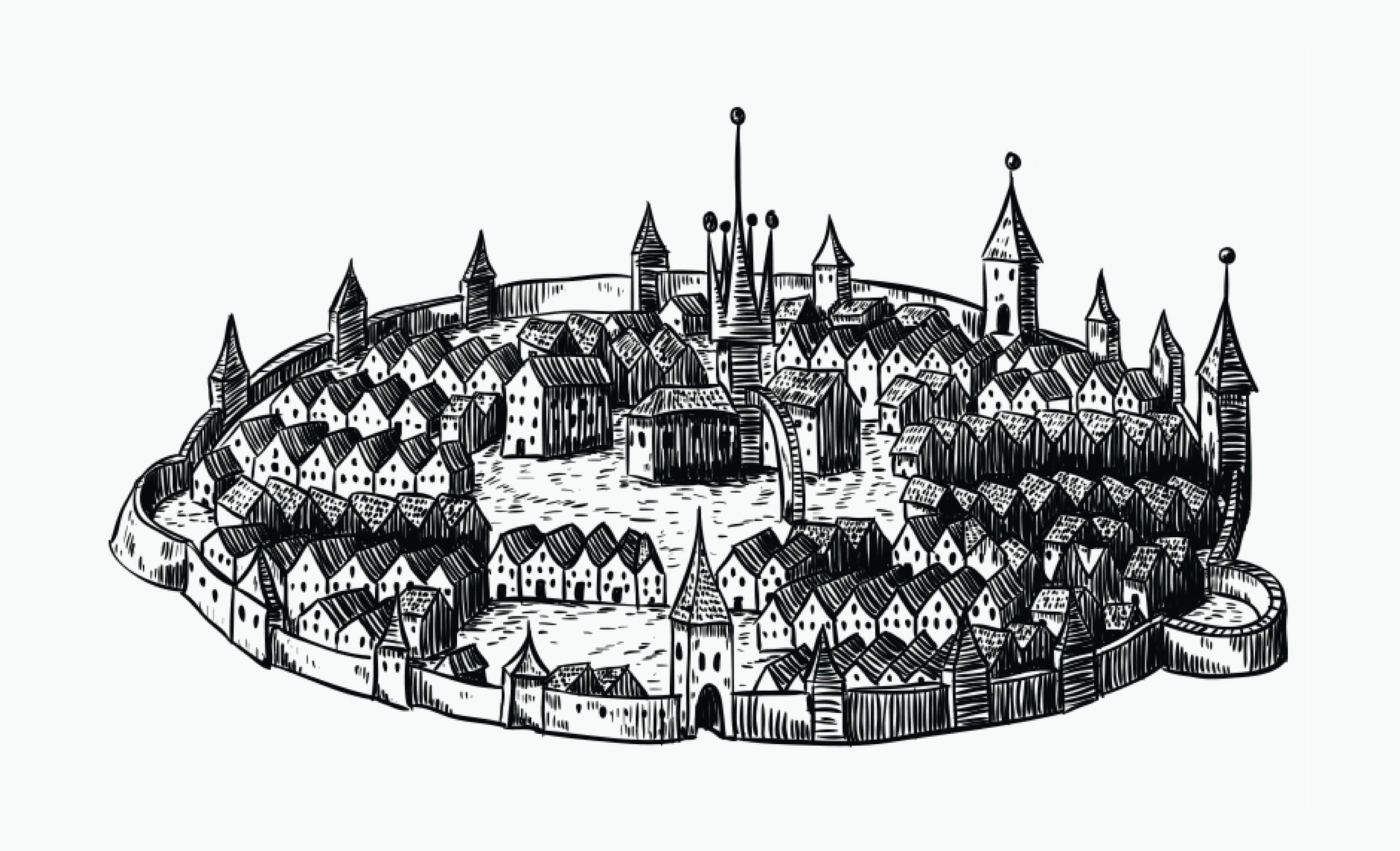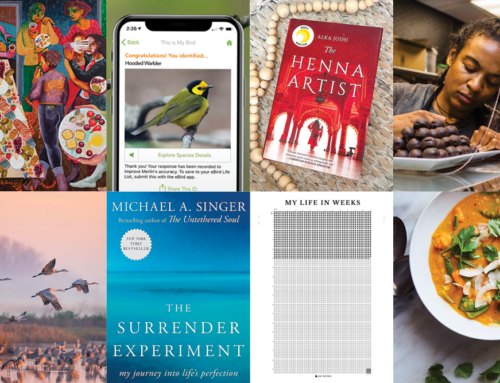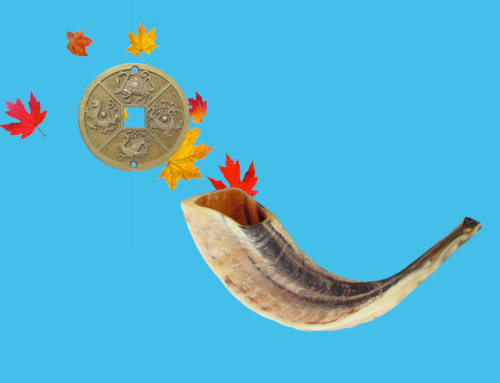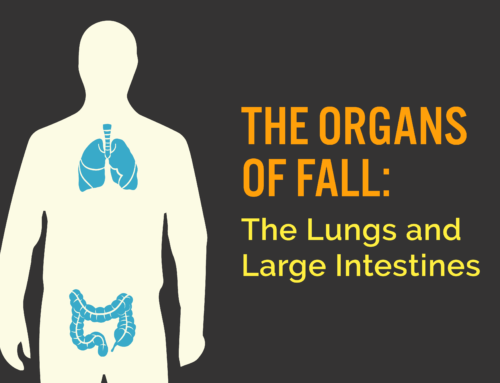Immune function and strength from a Traditional Chinese Medicine (TCM) perspective is historically fascinating as well as relatable, even after 2,500 years of medical advancement. Immunity in TCM is influenced by several factors, one of which is by our defensive Wei Qi (distinguished from other types of qi or energy thought to circulate in our system, such as nutritional qi or ancestral qi).
In Traditional Chinese Medicine, the body is thought of as its own microsystem, or more specifically its own “kingdom.” In the kingdom, every organ has a role and an assigned function. The Heart as the Ruler, the Lung as the Chancellor for regulation, the Liver as the General for planning and deliberation, and so forth.
As with any Kingdom, there’s a system of defense. In this paradigm, Wei Qi is an innate armor or protective barrier that lives at the walls of the kingdom or just under our skin. ‘Pathogens’ (what we now know to be viruses and bacteria) are prevented from entering with this intuitive self-defense network. When a battle between you and a pathogen heats up, your body literally heats up too. This is because Wei Qi is Yang (warm, energetic) in nature, and in order to win, more Wei Qi is allocated by the body to the battlefield.
Defensive Qi works mostly around the skin and muscles and includes responses like fever, chills and shivering. Fever is a classic example of a fierce, hot Yang battle going on, and in fact, the stronger one’s immune system, the more intense the battle (higher fever, worse symptoms). However, this defense mechanism allows for the battle to resolve quickly, as opposed to a long drawn-out illness. Sweating during a fever is seen in TCM as the body’s way of expelling the pathogen, with the pores letting the “intruder” out. This is why acupuncturists and Chinese herbalists will often encourage a fever rather than suppressing it.
In addition to Wei Qi acting as the body’s microbiological defense, some Chinese Medicine practitioners consider it as part of our psychological defense, ie. “boundaries.” The idea of “picking your battles” takes on meaning here when the mind-body relies on the same resources for both physical and emotional protection. Remember that a boundary need not always take energy. A wall or gate is not active, it’s simply erected or closed once – protecting by its presence.
During this most sensitive time of immunity and lung health, we want to encourage you to take precautions this pre-Winter season to build up your Wei Qi and act as a defense as we begin to enter “Cold & Flu Season.” Here are 6 tips to help strengthen and support your Wei Qi:
- Cleanse. In TCM, the Fall is known as the season for organizing and letting go. Take this time to cleanse both your house and emotions – get rid of junk, release old emotions that no longer serve, and let go of grief, anger and disappointments.
- Exercise. Circulate and strengthen Lung Qi and promote sweating to purge pathogens from entering the wei qi level (skin/muscle layer). Be sure to balance aerobic activity (yang) with Yoga, qi gong, stretching and breath work (yin).
- Prioritize sleep. Sleep is a valuable time for the liver to replenish and cleanse the blood. It is our rejuvenation time to help build a strong immunity, dream, rest and restore. At least 8 hours per night is essential for preventing disease.
- Incorporate foods (to circulate wei qi, to clear pathogens, and invigorate intestines to clear waste): Eat chestnuts, raw onions, Asian pears, apples, garlic, ginger, cardamom, cinnamon, clove, nutmeg, mint, mushrooms, parsnips, green onion, congee rice, banana, almond, white sesame, and broccoli.
- Acupuncture. Help strengthen immunity by dispersing Lung/Large Intestine stagnation and clear pathogens before they go deeper into the body. Acupuncture also helps to decrease stress and improve sleep.
- Supplements. Utilize evidence-based herbs and supplements. We recommend D3, Elderberry and Immune+/Astragalus.
Sources:
“Nei Jing Kingdom Allegory” Yellow Emperor’s Classic of Internal Medicine by Huang Di Nei Jing
Celebrating Autumn! The Metal Element by Jenny Dull




